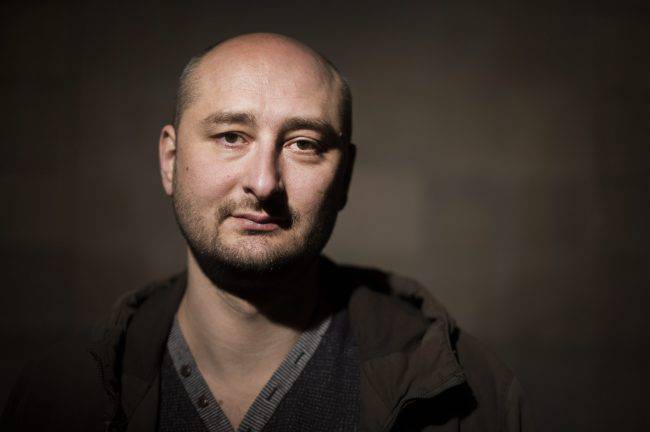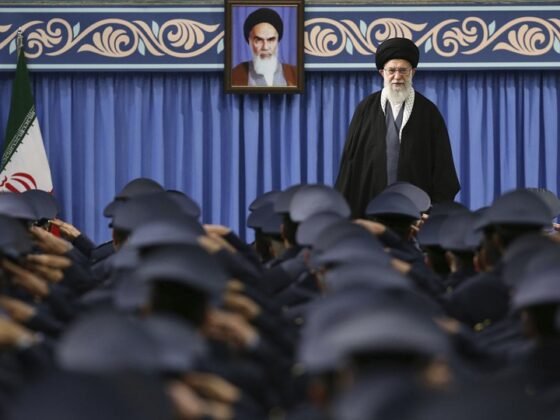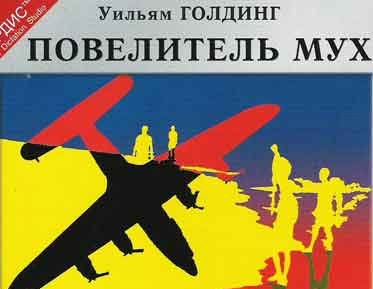(Moscow-on-Thames) The journalists who called me this morning about Bill Browder got sent away: I’ve got a book manuscript to finish, and, to be honest, there’s nothing new I can say about Browder that I really feel like saying on the record.
But the journalists who called about Arkady Babchenko — that’s another story.
When they called — first to chat, then to schedule an interview — the outspoken anti-Kremlin journalist who had sought refuge in Kyiv was still dead. By the time I went on air, of course, he was alive.
The ethics of using a live target in a sting operation — or of a journalist collaborating so closely with law enforcement, or of law enforcement lying to the world — are already being debated. Mostly, though, people are just happy Babchenko’s alive. And that’s right. And we should be.
But the thoughts I had arranged in my head before I went on air — when Babchenko was still dead — continued to resonate, even though we were discussing an altogether happier story.
In the end, it seems to me, this is not an altogether happy story.
Babchenko is alive because the Ukrainian authorities knew someone was trying to kill him. We’ll see where the investigation goes. But Babchenko is a war reporter in more ways than one: he covers war, but ever Russian journalist who covers the Kremlin honestly and openly is, in some sense, at war. Pavel Sheremet was not so lucky. And the same is true of politicians or activists who cross the line. And so Denis Voronenkov was also not so lucky.
And it’s not just in Kyiv. Babchenko would have been the fifth Novaya Gazetajournalist killed in the last 20 years, following in the footsteps of Anna Politkovskaya, Anastasia Baburova, Viktor Popkov and Igor Domnikov. And the investigative lawyer Stas Markelov, gunned down together with Baburova. And the human rights activist Natalia Estimirova, kidnapped and murdered in Chechnya. And Boris Nemtsov.
These are the words I had prepared when Babchenko was dead, and which I repeated when he returned to life: This is the metastasis of war, the infiltration of violence into the political life of two countries, of Russia and Ukraine, knowing no borders and no front lines, no limits and no end. This is the normalization of violence as a tool of politics, the subjugation of every aspect of political life to the logic of war, regardless of who you are or where you are.
So, we should be happy that Arkady Babchenko is alive. But we should not forget how many others are not — or how many others may soon not be — unless this sickness ends.
See the original post | Moscow-on-Thames blog











